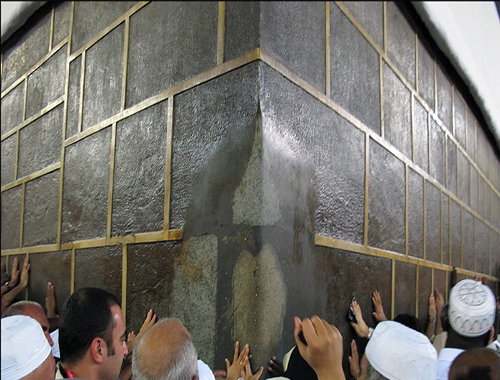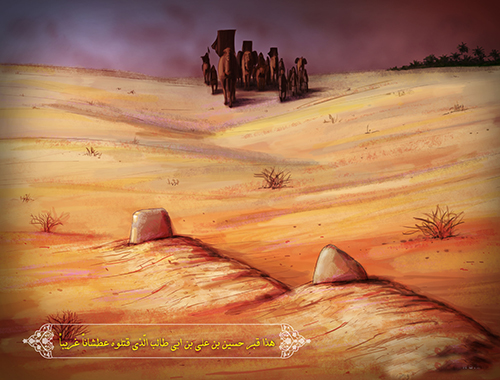2. IjtihÄd
- Details
- Hits: 2874
2. IjtihÄd
The Imams of Ahlu ’l-bayt had foreseen the time of the Occulation and had prepared their followers for the situation in which they will not be in direct contact with their Imam. This preparation was done by training the Shi‘as in the science of Islamic laws, or in other words, in ijtihÄd. (IjtihÄd means “the process of deriving the laws of the sharÄ«‘a from its sources.”) IjtihÄd is an essential phenomenon for the survival of the Islamic sharÄ«‘a during the Occultation of the Imam (a.s.). Without the system of ijtihÄd, we would not be able to apply Islamic laws in the rapidly changing circumstances of human society.
IjtihÄd is not only permissible, but essential from the Islamic point of view. It is an obligation in Islam to study everything that is necessary for the spiritual development and material wellbeing of the Muslim community. However, this obligation is of the category which is known as wÄjib kifÄ'i.[22] In the present instance, for example, Islamic society needs experts in the medical sciences, in physics and chemistry, in engineering, education; and as long as there is a lack of expertise in these areas, it is an obligation on the community as a whole to acquire it. This means that a group of Muslims must devote themselves to research so as to benefit the Muslim community. Similarly, an Islamic society without experts in the sharÄ«‘a cannot properly consider itself Islamic, and so it is an obligation for a group of persons from this society to devote themselves to the study of the religious sciences to provide proper guidance to all Muslims.
This is such an important obligation that Allah has exempted those who go to seek religious knowledge from the duty of jihÄd. He says:
“It is not (right) for the believers to go forth all together (for jihÄd). So why should not a party from every section of them (i.e., the believers) go forth to become learned in the religion, and to warn their people when they return to them—so that haply they may beware.” (9:124)
It is clear from many narrations that the Imams of Ahlu ’l-bayt (a.s.) used to be pleased whenever any of their companions taught religion or gave legal rulings (fatwa) to others. There are several documented cases of Shi‘as who lived far from Medina asking the Imam of their time to appoint someone in their area to adjudicate between them in religious problems: Zakariyyah ibn Adam al-Qummi and YÅ«nus bin ‘Abdu ’r-RahmÄn, for example, were named by Imam ‘Ali ar-Riza, to solve disputes in their own districts.
In a famous hadÄ«th, ‘Umar ibn Hanzalah asked Imam Ja‘far as-SÄdiq (a.s.) about the legality of two Shi‘as seeking a verdict from an illegitimate ruler in a dispute over a debt or a legacy. The Imam’s answer was that it was absolutely forbidden to do so. Then Ibn Hanzalah asked what the two should do, and the Imam replied:
“They must seek out one of your own who narrates our traditions, who is versed in what is permissible and what is forbidden, who is well-acquainted with our laws and ordinances, and accept him as judge and arbiter, for I appoint him as judge over you...”
Besides these ahÄdÄ«th, we have quite a few sayings of the Imams that tell us what to do if we come across two ahÄdÄ«th which are contradictory or semi-contradictory—and solving the contradictory ahÄdÄ«th is one of the functions of ijtihÄd. These types of ahÄdÄ«th are known as al-akhbÄr al-‘ilÄjiyyah, the ahÄdÄ«th which solve the problems in the studying of the hadÄ«th.
In conclusion, we can say that one way of following the sharÄ«‘a is to study the science of sharÄ«‘a, learn the process of ijtihÄd and become a mujtahid.











